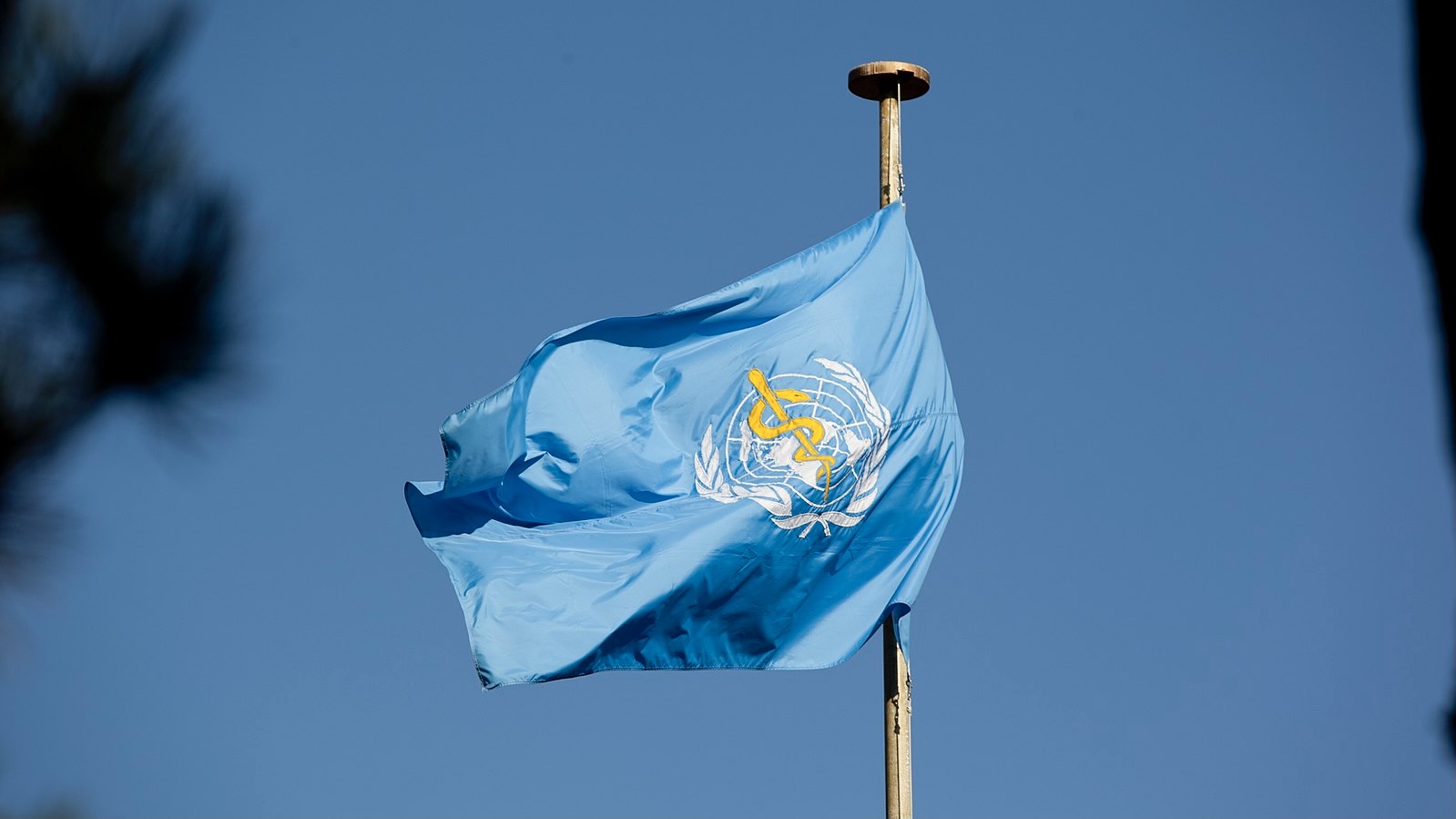In Geneva, Switzerland, the World Health Organization (WHO) is preparing for its 76th World Health Assembly (WHA 76), which kicks off on May 21, 2023 and is set to wrap up on May 30. The ten-day conference will see participation from delegations from across the world. Activists, civil society organizations, and journalists have also arrived in the city to make interventions and cover the event.
The WHA is taking place shortly after the Director-General of WHO, Tedros Adhanom Ghebreyesus, announced the end of the COVID-19 pandemic. During the pandemic, WHO played a key role in supporting health systems around the world as they struggled under pressure. At the same time, it faced internal problems caused by a lack of funding and interest from its members that preceded the pandemic. The fact that WHO managed to overcome these challenges and is now continuing key global health discussions is just one indicator that the United Nations’ health agency is as necessary as it was at the moment of its creation.
When the WHO was established 75 years ago, it was supposed to bring democratic functioning to global health governance. The principle of ‘one country, one vote’ was meant to give equal footing to all members, including countries newly freed from colonial rule. At the time of WHO’s creation, it was recognized that wider political forces, economic order, and social beliefs deeply impact health outcomes and need to be addressed alongside specific health issues. As the century passed, the vision of equal opportunities at WHO soon withered in the face of increasing inequalities, especially as western countries started brutally pursuing neoliberal economic policies.
A vertical approach to social determinants of health
Discussions at the WHO still need to address structural issues closely linked to people’s access to health, despite overall pressure from the Global North not to do so. Due to shifting views and pressures, we find a disconnect between what the WHO should be discussing and what it actually discusses. While the topic of social determinants of health, for example, is on the agenda of the WHA, it is treated as a stand-alone, vertical topic. Social determinants of health are social, economic, and cultural parameters that adversely impact access to healthcare for certain populations marked by specific gender, race, caste, or geographical identities.
Documents related to WHA 76 agenda items, including those on non-communicable diseases and mental health, the Global Health for Peace Initiative, nutrition, ending violence against children, persons with disabilities, and others, fall short of recognizing and dealing with social determinants of health, which are key to fighting these conditions.
On the other hand, in some cases on the WHA 76 agenda, the social determination of health is recognized. For example, in the agenda item related to poliomyelitis, gender discrimination is strongly highlighted. Polio has re-emerged as a serious concern as many countries that had been declared polio-free have seen a resurgence of infection. However, data also shows that this resurgence is more apparent in regions impacted by war and conflict. Unlike gender, this social determinant of health is not mentioned in the documents.
WHO financing and health conditions in Palestine: the discussion continues
Other crucial topics to be discussed at the WHA include the financing of the WHO itself. Over the past decades, funding for the WHO from governments has stagnated. This has pushed the organization towards donor funding, primarily from philanthro-capitalist organizations such as the Bill and Melinda Gates Foundation. Such funding is usually tied to particular projects, undermining WHO’s independence in working and priority setting. Currently, as much as 80 percent of WHO’s funding depends on donors. The sustainable financing report, to be discussed at the WHA, correctly identifies the problems. Unfortunately, it does not provide strong solutions to them.
Another important political topic is the report on health conditions in the Occupied Palestinian Territory, including East Jerusalem, and in the occupied Syrian Golan. Continued aggression by Israel in these territories has led to the loss of innumerable lives and abysmal living conditions. The WHO’s Director-General’s office regularly publishes reports on health conditions in occupied territories, but there is a significant gap between what is written in the report and the actions taken. It is time for the WHO to call out Israel for its continuous breach of human rights in Palestine and apply more pressure to allow health systems to operate in the occupied territories.
Country delegates in Geneva will have a dynamic time discussing the agenda in the next ten days. So will civil society and health activists, who will use this opportunity to reiterate the call for Health for All. With pro-people progressive forces forming governments in Latin America, activists might have finally found some allies, such as delegates from Brazil and Colombia. It remains to be seen how this will impact the existing power structures trying to exert influence over the WHO.
The WHO Watch team is made of: Marta Caminiti, Dian Blandina, Mariana Lopes Simoes, Juliette Claudine Mattijsen, Facundo Fernandez, Chiamo Seraphine, Ben Verboom, Axelle Ebode, Lauren Paremoer, Candelaria Araoz Falcon, Jyotsna Singh
People’s Health Dispatch is a fortnightly bulletin published by the People’s Health Movement and Peoples Dispatch. For more articles and to subscribe to People’s Health Dispatch, click here.





